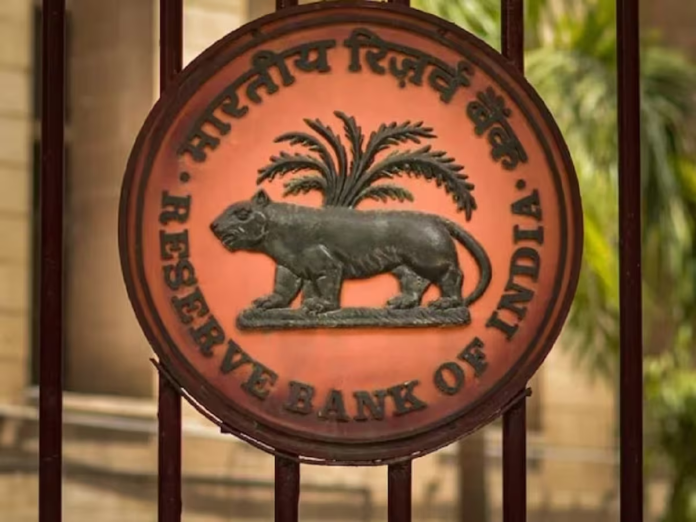New Delhi: The Reserve Bank of India (RBI) has imposed several restrictions on Mumbai-based New India Co-operative Bank, which will have a direct impact on the bank’s customers. Now the bank will not be able to withdraw money of its customers, nor will it be able to give any new loans. These restrictions will be in force for the next six months from February 13, 2025.
Effect of RBI ban
After the instructions of RBI, New India Co-operative Bank will now neither be able to give any loan nor take new deposits. Apart from this, the customers of the bank will also not be allowed to withdraw their deposits. However, RBI will check the functioning of the bank during this period, and if the situation improves, relief can also be given after the ban.
Why did RBI impose a ban?
RBI has taken this step due to serious flaws in the functioning of the bank. Its main objective is to protect the money of the depositors. RBI clearly said that from February 13, 2025, the bank will neither give new loans nor renew the old loans, unless it is allowed.
#WATCH | Mumbai, Maharashtra: People gather outside the New India Co-operative Bank after the RBI issued a notice to halt all business pic.twitter.com/kkzXmCIMqe
— ANI (@ANI) February 14, 2025
What will happen to the customers?
As per RBI’s instructions, customers of New India Co-operative Bank will no longer be able to withdraw their deposited money. But if RBI gives any relief to the bank after investigation, then the customers will be able to withdraw their money. If the bank does not get any relief, then the customers can get an insurance claim of up to Rs 5 lakh on their deposits.
This claim will be received from the Deposit Insurance and Credit Guarantee Corporation (DICGC), a government body for the protection of depositors. Thus, the main purpose of the ban imposed on the bank is to protect the interests of the customers, so that their money is safe.



